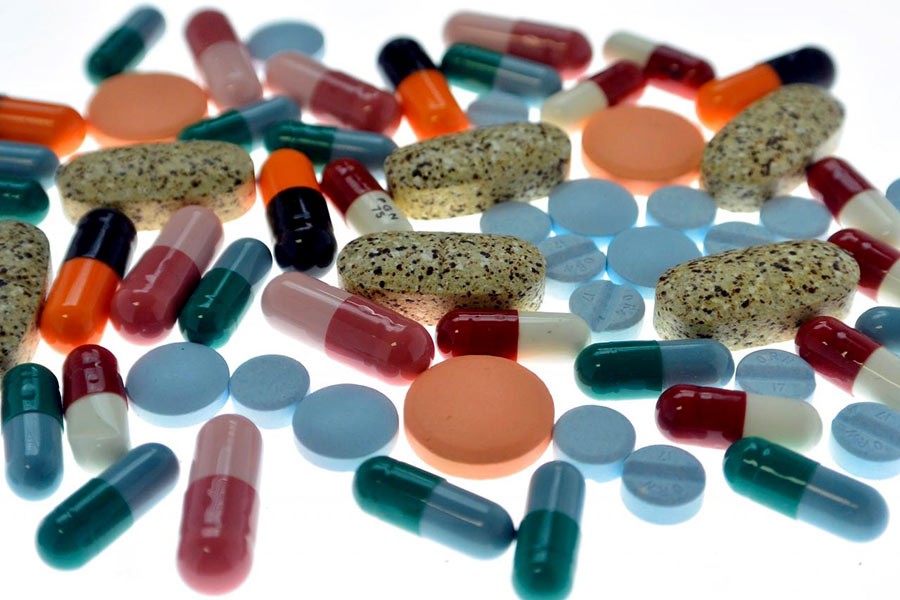The Covid-19 has shown how unprepared the world is if faced with a new kind of pathogen. It points to the one-way course that the world's medical research has been pursuing.
In the earlier times, scientists whether working alone or in a scientific establishment were not tied to funds that dictated their line of research. They could then conduct their research more independently than now. They were more adventurous and eager to unlock the mysteries of the animate and the inanimate world. Time has changed.
In modern times, on the other hand, scientists work mostly as a team. Not surprisingly, nowadays, we come across fewer giants than in the earlier centuries. We do not anymore see the likes of Louis Pasteur, Edward Jenner, or Alexander Fleming in medicine; or of Newton or Einstein in physical sciences. Today's scientists are mostly doing jobs.
It is more so in the world of technological research, in general and medical research, in particular.
Some of the researchers who are engaged in fundamental research though with, for example, drugmakers' money, would rather play it safe than move into uncharted waters. So we have a plethora of brands of drugs most of which are similar. No wonder none of them are of any use to fight the pandemic that has taken us completely by surprise.
Today the global healthcare is more or less biased towards therapies that the mass-produced drugs including various types of invasive and non-invasive medical equipment support.
As such the world is now witnessing the inadequacy of this system of healthcare service.
At the moment, the world is fighting only one pathogen, the virus called Covid-19. But a far greater threat to public health involving bacteria, legions of them, that do not respond to the antibiotics in use, are lurking in the shadows.
In fact, overuse of antibiotics has made many pathogens resistant to them.
Penicillin, the antibiotic that was once known as the wonder drug, was so effective against pneumonia, blood poisoning, meningitis, scarlet fever and diphtheria. But its efficacy is no longer the same as before against these ailments. So have become tuberculosis, gonorrhoea and salmonellosis resistant to the once wonder drug. The bacteria causing those diseases have learnt to fight the antibiotics.
Alarmingly though, we are fast entering the post-antibiotic era. That means the familiar antibiotics will lose their efficacy and the bacteria will turn into super-bacteria, or what they call them-- 'superbugs'.
The challenge of the moment is to save humanity not from any alien virus or bacterium, but from the common infectious diseases!
The World Health Organisation (WHO) has taken the challenge of tackling 'antibiotic resistance' as a 'high priority'. In this context, in 2015's World Health Assembly, a global action plan on antimicrobial resistance including antibiotic resistance was endorsed. In the following year (2016), at the UN General Assembly, the heads of states, too, declared their political commitment to take a coordinated approach to address the menace of microbial resistance across the sectors-human health, animal health sand agriculture.
In line with the commitment, Bangladesh, too, has formulated its 5-year National Action Plan for AMR (Antimicrobial Resistance) containment.
But how will the AMR action plan work in the absence of effective antibiotics? The governments of rich countries will be required to invest more in fundamental research to develop new kinds of drug to fight the superbugs. Until such drugs are available, a massive awareness campaign against the use and over-the-counter (OTC) sale of antibiotics has to be launched. Patients must not press doctors to prescribe antibiotic. The doctors, on the other hand, will need to take a minimalist approach to antibiotic use and ensure that patients strictly observe the advice in the prescription. At the same, a stronger social movement for a healthier and more hygienic lifestyle and a change in people's sanitation habits have to be started. It is to ensure that people stay away from infection and help their body build up its natural immune system to fight infectious diseases.


